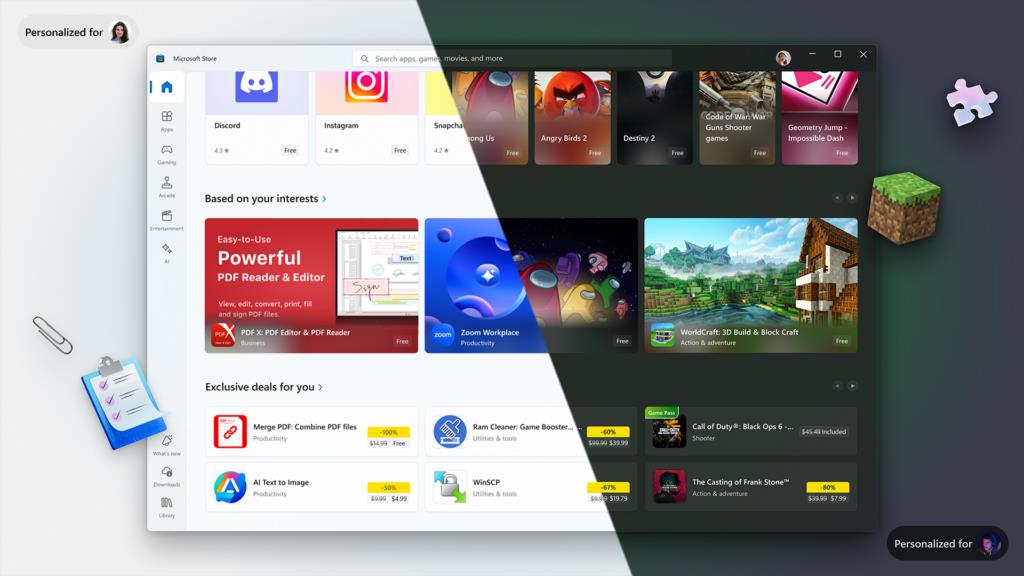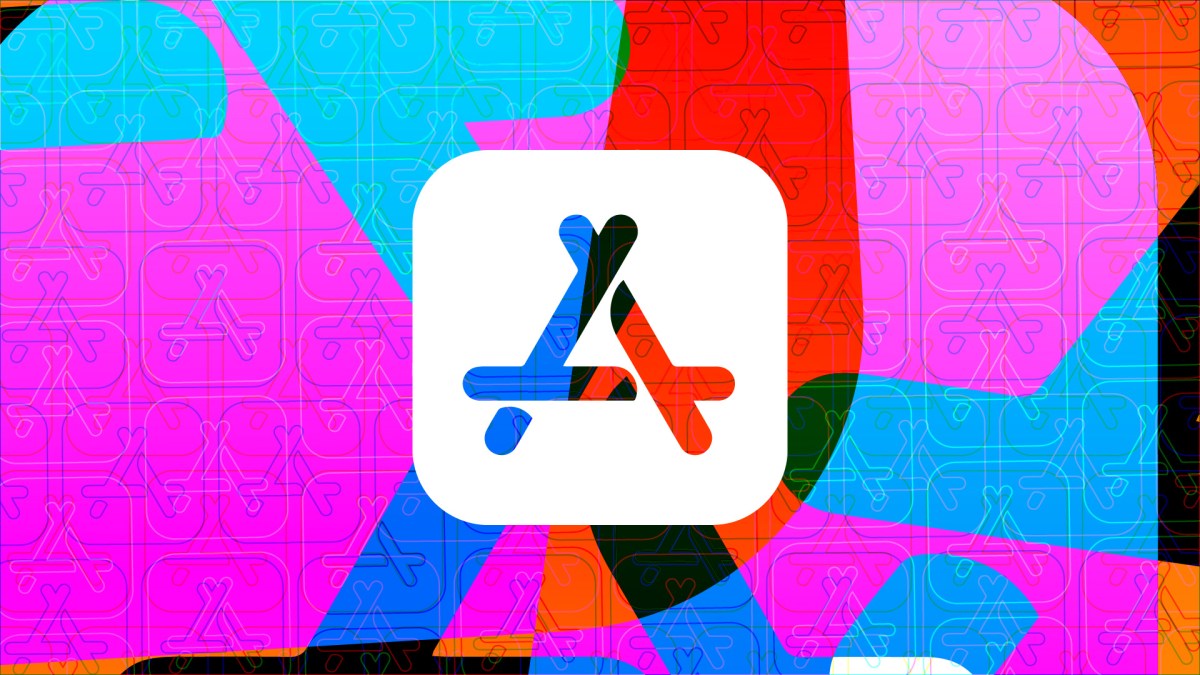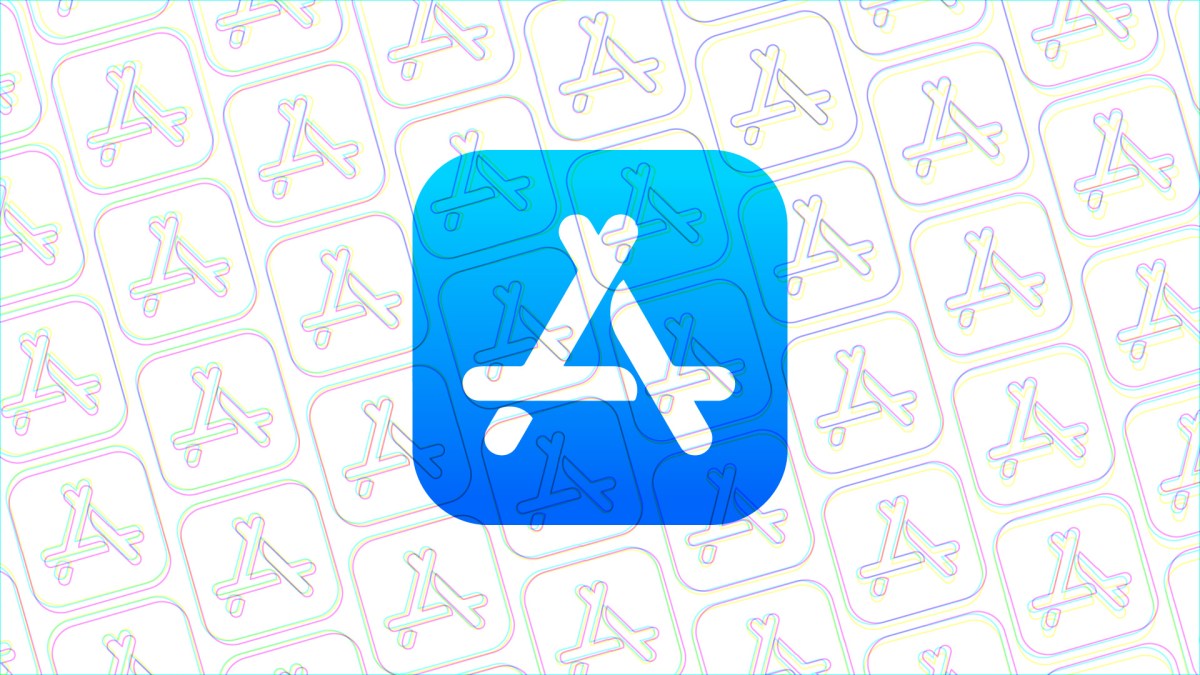AI App Development for Startups: Features, Costs & Go-to-Market Tips
AI is no longer an emerging trend — it's the core engine behind breakthrough apps and startup disruption. In this deep-dive blog, we explore how founders and product teams can navigate AI app development costs, feature selection, GTM strategy, and 2025’s hottest AI tools.
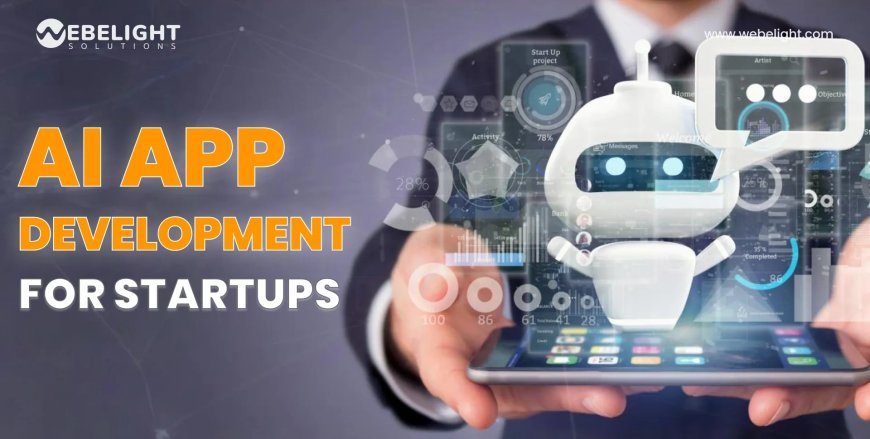
AI app development is no longer a moon-shot experiment — it’s a fast-maturing market that’s sprinting toward USD 221.9 billion by 2034, up from just USD 40.3 billion in 2024, thanks to a robust 18.6 percent CAGR projected for 2025–2034. North America is already setting the pace, commanding more than 38 percent of 2024 revenue (about USD 15.31 billion) and signaling fierce competition among every ambitious AI app development company and venture-backed startup on the scene.

For founders and product leaders, that surge translates into two big truths: first, AI app development for startups is quickly moving from “nice to have” to “table stakes” in mobile app development and custom app development alike; second, navigating AI app development costs for startups, feature prioritization, and go-to-market strategies now demands as much business acumen as technical brilliance.
In this guide, we’ll break down the AI app development process for new businesses — covering must-have features, realistic budgeting, proven GTM playbooks, and fresh 2025 trends — so you can turn bold AI startup ideas into revenue-ready products without drowning in jargon or inflated invoices. Whether you’re choosing an app development company, assessing in-house versus partner models, or simply looking for AI app development best practices for startups, you’ll find the data-driven insights you need right here.
Must-Have AI App Development Features for Startups in 2025
Selecting the right features is the make-or-break moment in any AI app development process for new businesses. These capabilities not only differentiate your product but also keep AI app development costs for startups under control by focusing effort where it matters most. Below is a 2025-ready, data-backed feature roadmap that today’s founders, product leads, and any app development company can adopt.

1. ML-Driven Personalization & Recommendation Engines
Personalization has moved from “nice to have” to revenue-critical. AI models track in-app behavior, purchase patterns, even micro-gestures, then surface hyper-relevant content or product suggestions in real time. Case studies in retail apps show up to 30 % lift in conversion when recommendation engines are deployed. Building these engines early:
-
Improves retention — users quickly see value unique to them.
-
Reduces app development cost later, because feature expansion happens atop existing behavioral data.
-
Aligns neatly with custom app development goals: you own both data and models.
2. Conversational AI, Chatbots & Voice Assistants
Users now expect instant, humanlike support. 2025 reviews list ChatGPT-style bots, Google’s Gemini Assist, and Microsoft Copilot Vision as table-stakes integrations. For AI app development for startups, this means:
-
Embedding NLP chatbots for onboarding, FAQs, and transactions.
-
Supporting multi-modal inputs — text, voice, even camera for AR guidance.
-
Leveraging cloud SDKs (Dialogflow, Azure Bot Service) to shorten time-to-MVP and keep AI app development costs for startups predictable.
3. Predictive Analytics Dashboards
Real-time data analytics move decision-making out of spreadsheets and into the product. In commerce alone, predictive AI slashes false declines and fraud losses while boosting lifetime value. Best-practice startups expose:
-
KPI visualisations for end-users (e.g., wellness trends, energy savings).
-
Admin dashboards that flag churn risk or supply-chain bottlenecks.
-
Lightweight AutoML pipelines so non-data-scientists can retrain models — vital for lean teams.
4. Edge AI & Offline Intelligence
“Always-online” assumptions break down for field services, travel, or remote-work apps. Edge AI — compact models running on-device — delivers millisecond latency and cloud-cost relief while preserving privacy. For founders:
-
Ship core features (translation, image recognition, form autofill) that work without signal.
-
Offer mobile app development with lower server bills — an easy ROI argument for investors.
-
Future-proof against stricter data-sovereignty laws.
5. Responsible AI, Security & Compliance by Design
North American and EU regulators now require explainability and bias-mitigation audits for many AI functions. Companies like Mastercard highlight transparency, fairness and data-minimisation as competitive edges. Startups should bake in:
-
Model explainers for end-user trust.
-
Data encryption at rest/on-device.
-
Governance tooling that logs every model version — useful when pitching enterprise clients for app development services deals.
6. MLOps & Continuous-Learning Pipelines
Shipping a model is day one; maintaining it is day 365. MLOps automates retraining, A/B experiments and safe rollbacks, cutting deployment times from months to days. For a startup:
-
Containerised model serving (Docker, KServe) keeps infra lean.
-
CI/CD adds traceability — often a due-diligence checkbox for VCs vetting AI app development company partners.
-
Monitoring drift protects against silent failure, a top AI app development challenge for startups.
7. API-First, Low-Code Integration & Reusable Microservices
Finally, adopt an API-first approach. Low-code AI platforms (Firebase AI Logic, Retool, Gemini Code Assist) let small teams bolt on services like sentiment analysis or fraud-scoring within hours, not sprints. Benefits include:
-
Rapid testing of new AI startup ideas without heavy refactoring.
-
Modular cost scaling — you pay only for the microservice used.
-
Easy hand-off if you later partner with an external app development company.
AI App Development Costs for Startups: 2025 Benchmarks & Budget Breakdown
Grasping the AI app development costs for startups early will save you from sticker shock later — and help investors see a clear path to ROI. Below is a 360-degree cost guide that merges the latest 2025 pricing data with practical advice from leading app development company case studies.
What Does an AI App Cost in 2025?

Clutch’s 2025 pricing report pegs the “average” mobile app development cost at USD 90,780 — AI features push that median higher, but smart scoping keeps your spend in check.
7 Cost Drivers For AI App Development Every Founder Should Model
1. Feature Complexity & AI Depth
-
Generative models cost more than classic ML; real-time edge-AI adds further compute overhead.
-
Align features with core AI startup ideas — extras can be phased in to flatten burn-rate.
2. Data Strategy
-
Collecting, cleaning, and labeling data can chew up 25–40 % of the budget.
-
Mitigate by using open datasets or synthetic-data AI app development tools for startups.
3. Platform & Architecture
-
Mobile app development on both iOS and Android bumps costs 30–60 % versus a single-platform PWA.
-
Custom app development with micro-services is pricier up front but cheaper to scale.
4. Team Model & Location
-
Hourly rates range from USD 10–40 in South Asia to USD 100–200+ in North America.
-
A hybrid model — onsite product owner plus near-shore AI specialists — often slashes 20 % without quality loss.
5. Cloud & MLOps Infrastructure
-
Expect USD 500–3 K/month for model-training GPUs in early sprints; ongoing inference can shift to cheaper CPUs once traffic stabilizes.
-
Mature MLOps pipelines reduce rollback risk — an AI app development best practice for startups.
6. Security, Compliance & Responsible AI
-
Pen-testing, privacy reviews, and bias audits typically add 10 % to the total app development cost, but skipping them invites regulatory fines — one of the biggest AI app development challenges for startups.
7. Post-Launch Maintenance & Continuous Learning
-
Budget 15–20 % of the initial build cost annually for monitoring, retraining, and new AI app development features for startups as data drifts.
Smart Strategies to Reduce AI App Development Costs for Startups in 2025
Controlling costs in AI app development for startups is not just about trimming budgets — it’s about strategic choices that balance innovation, quality, and speed. Whether you’re building a recommendation engine, a predictive analytics platform, or a generative AI app, understanding where to invest and where to save is critical.
Here’s a startup-focused cost optimisation blueprint backed by the latest industry insights and aligned with AI app development trends in 2025.

1. Start With a Narrow, Impactful MVP
A Minimum Viable Product MVP development is your leanest path to market. Instead of building every AI feature from day one, identify the one functionality that solves a critical user problem.
Example: Instead of a full AI health app, start with a symptom checker powered by a pre-trained model.
Benefits:
-
Cuts initial app development cost by 40–60%
-
Accelerates market testing and investor feedback
-
Helps validate your core AI startup ideas before scaling
2. Use Pre-Trained AI Models & Open Source Frameworks
Training custom models from scratch is expensive and often unnecessary. Today, many AI app development tools for startups offer high-performing, pre-trained APIs for NLP, vision, and recommendation systems.
Top Tools (2025-ready):
-
OpenAI APIs, Google Vertex AI, HuggingFace Transformers
-
Open-source tools like LangChain, Haystack, and FastAPI
Result: Saves 50–70% on model development and maintenance while ensuring faster GTM.
3. Choose a Cross-Platform Development Approach
Using React Native or Flutter for mobile app development allows you to deploy across iOS and Android with a single codebase. This is ideal for startups trying to reduce frontend cost while still delivering native-like experiences.
Why it matters:
-
Reduces engineering costs by 30–40%
-
Faster testing and iteration
-
Easier integration with AI SDKs
If your AI logic is back-end heavy (e.g., server-side inference), cross-platform UI works perfectly.
4. Outsource Smartly with the Right AI App Development Company
Hiring an in-house AI team is expensive and time-consuming. Partnering with a trusted AI app development company gives you access to seasoned experts without long-term overhead.
What to look for:
-
Proven experience with custom app development
-
Transparent pricing and clear timelines
-
Reusable code libraries and domain-specific expertise
-
Bonus Tip: Opt for companies offering bundled app development services, including design, deployment, and post-launch support, to save on fragmented costs.
5. Adopt Modular, Scalable Architecture from Day One
Build your AI app using microservices or modular APIs. This allows you to add or upgrade features incrementally without re-engineering the entire system.
Benefits:
-
Predictable scaling costs
-
Faster upgrades and pivots
-
Easier integration of future AI app development features for startups
6. Automate Testing, Monitoring & MLOps
Manual testing and model monitoring eat into developer time and budget. Use AI-enabled CI/CD pipelines and automated MLOps tools for performance monitoring, retraining, and version control.
Popular tools:
-
MLflow, Weights & Biases, AWS SageMaker Pipelines
-
Appium and Postman for automated mobile and API testing
Impact: Lowers maintenance costs by 20–30% post-launch while reducing downtime and retraining errors.
7. Plan Your Go-To-Market (GTM) Early
Cost optimisation is not just about development — it’s also about aligning your Go-to-market strategies for AI apps with the development lifecycle.
Tips:
-
Use AI-powered marketing automation tools (e.g., HubSpot AI, Jasper, Copy.ai)
-
Bundle GTM sprints into dev cycles to reduce delays
-
Integrate feedback loops from early adopters to avoid costly rebuilds
8. Monitor and Optimise Cloud Costs Continuously
AI workloads, especially inference and training, can rack up cloud costs. Use cost monitoring tools and apply tiered storage and usage policies.
Strategies:
-
Choose serverless or pay-as-you-go cloud options
-
Offload heavy compute to batch processing
-
Downscale models for mobile edge devices
Tools: CloudZero, AWS Cost Explorer, GCP Billing, and Azure Cost Management
AI App Development Across Industries: Use Cases, Impact & Opportunities
Artificial Intelligence is no longer a niche — it’s a core business enabler across multiple sectors. As AI app development continues to evolve in 2025, startups are tapping into domain-specific AI use cases to disrupt traditional industries and build scalable, data-driven solutions.
Below are some of the most promising industries where AI app development for startups is gaining momentum.

1. Healthcare: AI-Powered Diagnostics and Virtual Health Assistants
AI apps in healthcare are enabling early disease detection, personalized treatment, and 24/7 virtual care.














































































































































































![[The AI Show Episode 151]: Anthropic CEO: AI Will Destroy 50% of Entry-Level Jobs, Veo 3’s Scary Lifelike Videos, Meta Aims to Fully Automate Ads & Perplexity’s Burning Cash](https://www.marketingaiinstitute.com/hubfs/ep%20151%20cover.png)

























































































































![[DEALS] FileJump 2TB Cloud Storage: Lifetime Subscription (85% off) & Other Deals Up To 98% Off – Offers End Soon!](https://www.javacodegeeks.com/wp-content/uploads/2012/12/jcg-logo.jpg)



![From electrical engineering student to CTO with Hitesh Choudhary [Podcast #175]](https://cdn.hashnode.com/res/hashnode/image/upload/v1749158756824/3996a2ad-53e5-4a8f-ab97-2c77a6f66ba3.png?#)


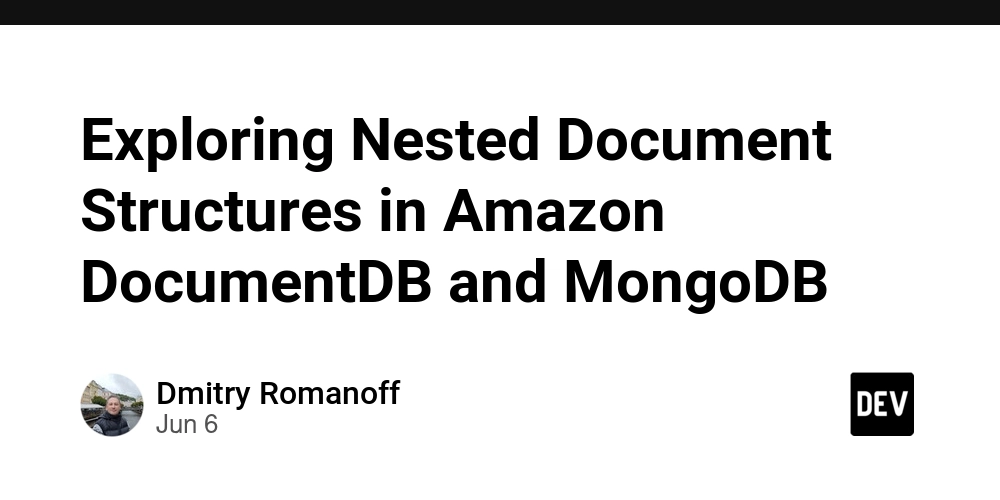










































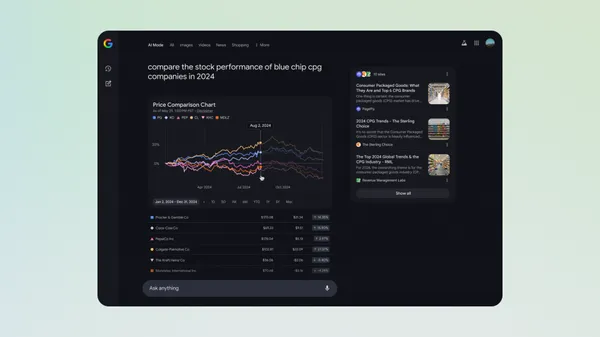


























































































_sleepyfellow_Alamy.jpg?width=1280&auto=webp&quality=80&disable=upscale#)
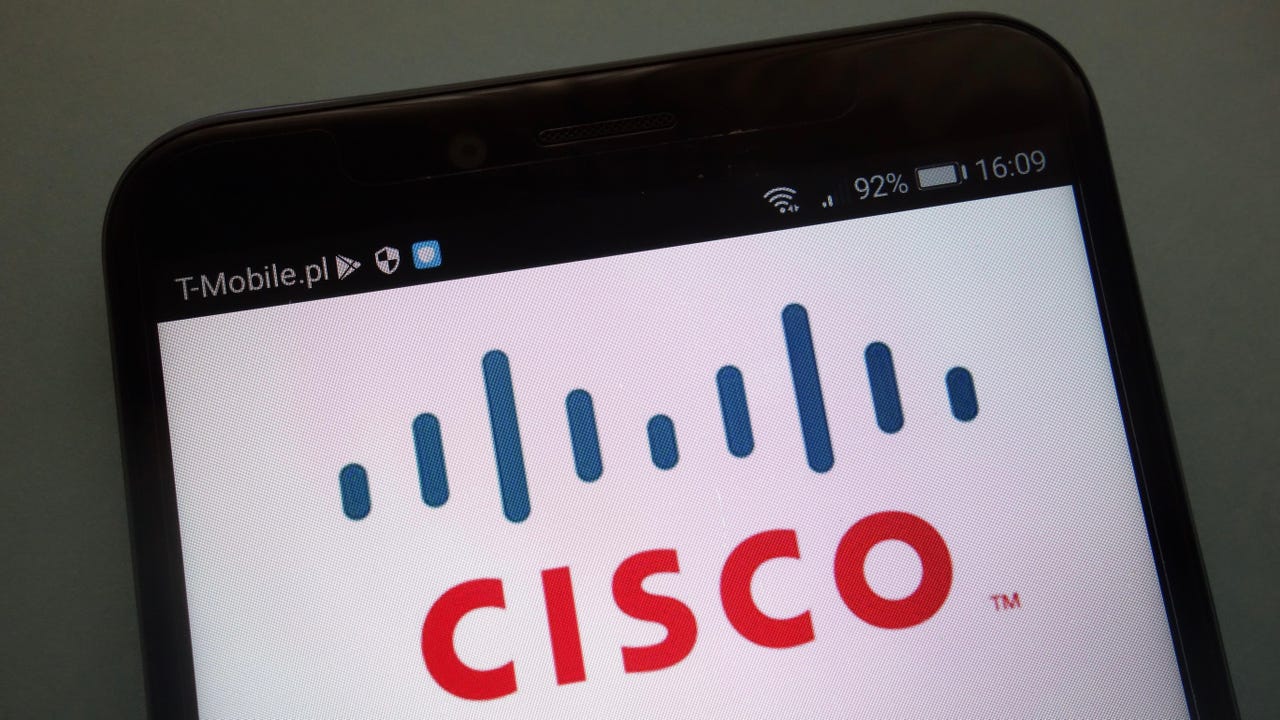







































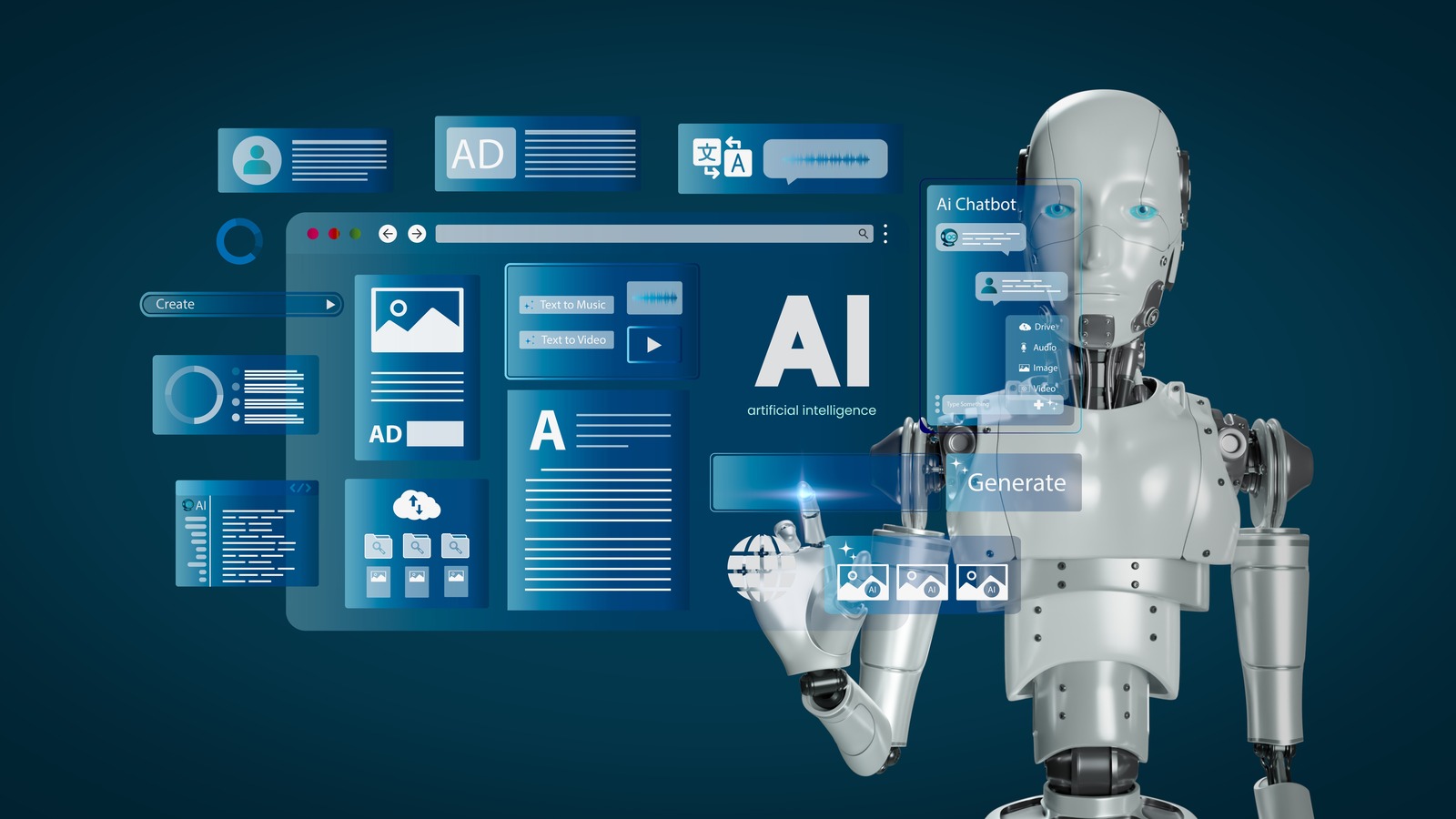
















































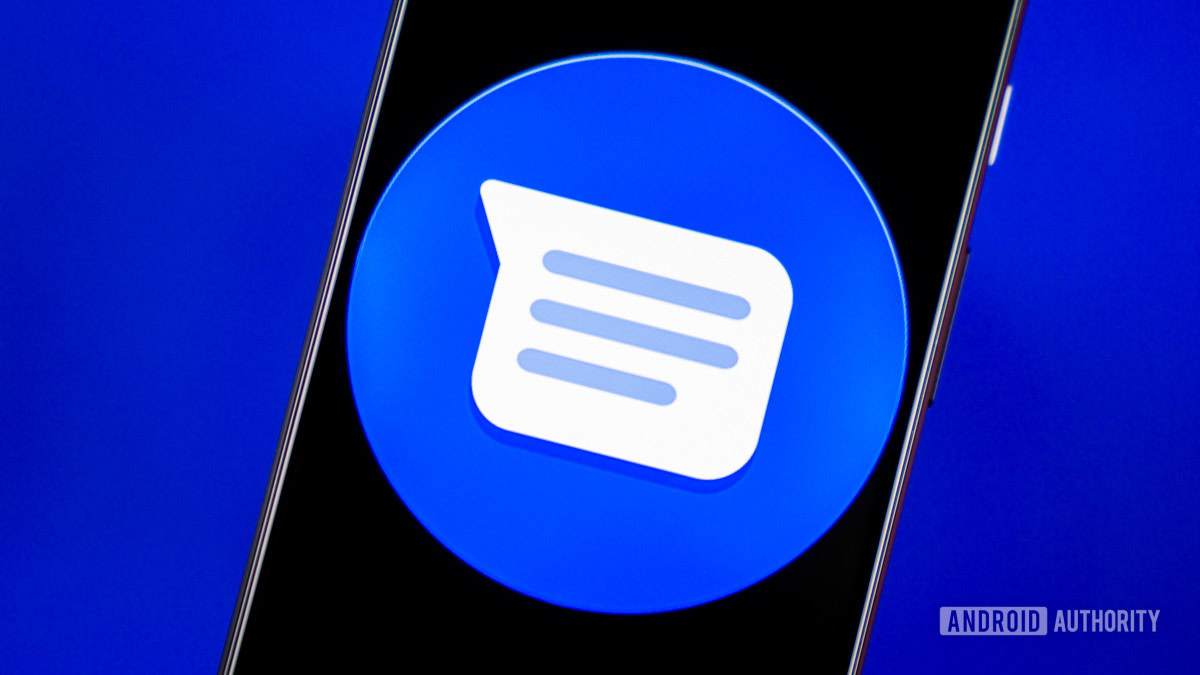






















![watchOS 26 May Bring Third-Party Widgets to Control Center [Report]](https://www.iclarified.com/images/news/97520/97520/97520-640.jpg)

![AirPods Pro 2 On Sale for $169 — Save $80! [Deal]](https://www.iclarified.com/images/news/97526/97526/97526-640.jpg)
![Apple Shares Official Trailer for 'The Wild Ones' [Video]](https://www.iclarified.com/images/news/97515/97515/97515-640.jpg)



















